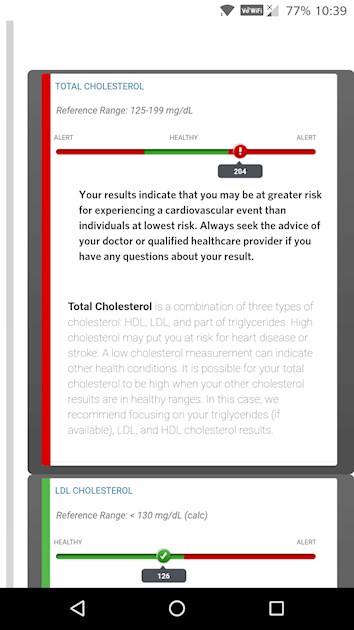Hey guys, first time here. For the first time in my life, I finally received my health report after years of never getting it for some reason and how I got it was through my job as an incentive to get better but also decrease the premium. But anyway, I found out that I have a triglycerides of 204, I'm also premature and I have high metabolism, I'm 26 going on 27 in July.
I don't know too much about this health stuff but I should and I'm learning now as it affects me. So, what's driving me crazy is that I read blogs and research and even talk to coworkers and they said stay away from grains, eggs, etc. But some research says you could eat grains and some can't. I just don't understand, and there's so many types of diets but it's focused on weight loss. I'm not trying to lose weight so Keto isn't for me, very restrictive. I was reading into it. I want to gain weight, the healthy way. And I heard that the Mediterranean diet is the best way to go.
It's getting to the point where this is all I talk about, that I'm worrying and stressing over, to the point where I'm feeling depressed, to where it's getting addicting, feeling obsessed but at the same time never want to go there...
So, another thing too is I want to know how does the body works, for me I have 2 jobs. 2 is physical demanding, requires a lot of walking, fast pace movements and whatnot. Let's say I eat like one scoop of brown rice with chicken, however many calories it is and carbs and whatever it has, say I burn it in 2 hours. Does that mean that my body resets as if I never ate? So, I do it again until they day ends, they say the total intake is 30-35% of calories, so does that means that by the end of the day I should have that much calories?
I went to a dietrician before and they said I need more protein and iron.
I'm doing to rerun a health check up again. I got quinoa, omega 3, lots of veggies and tea.
Please help! Thank you!
